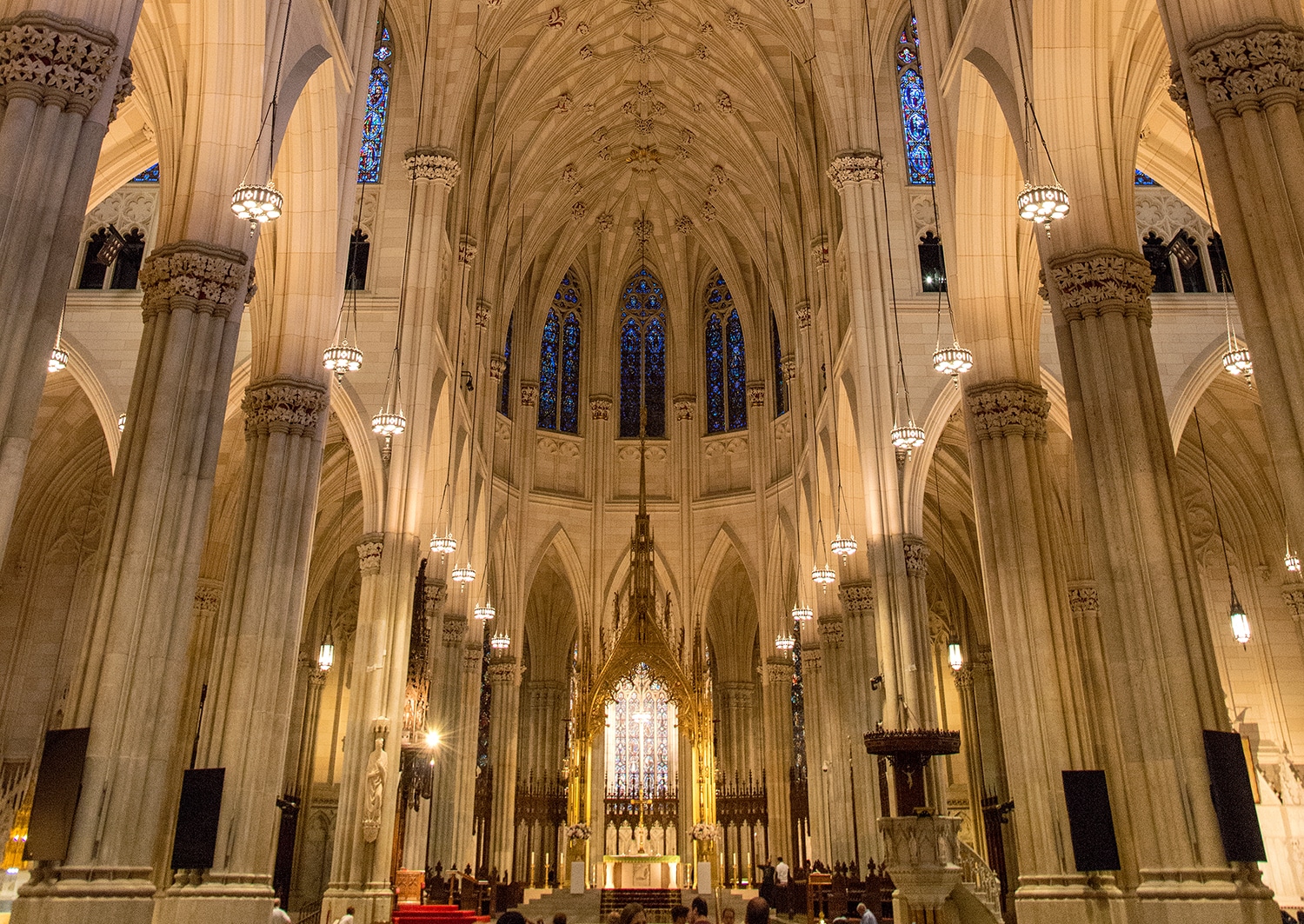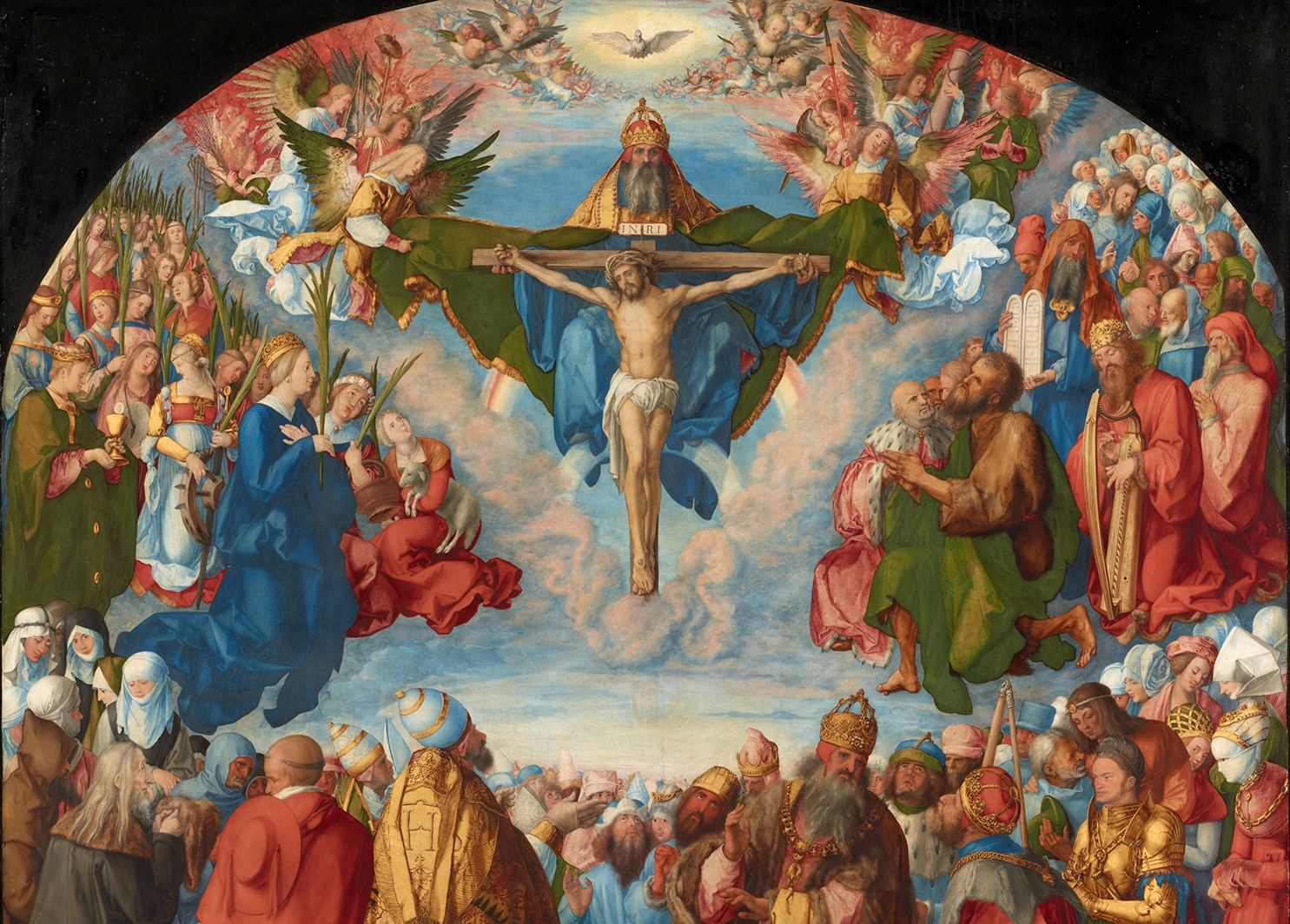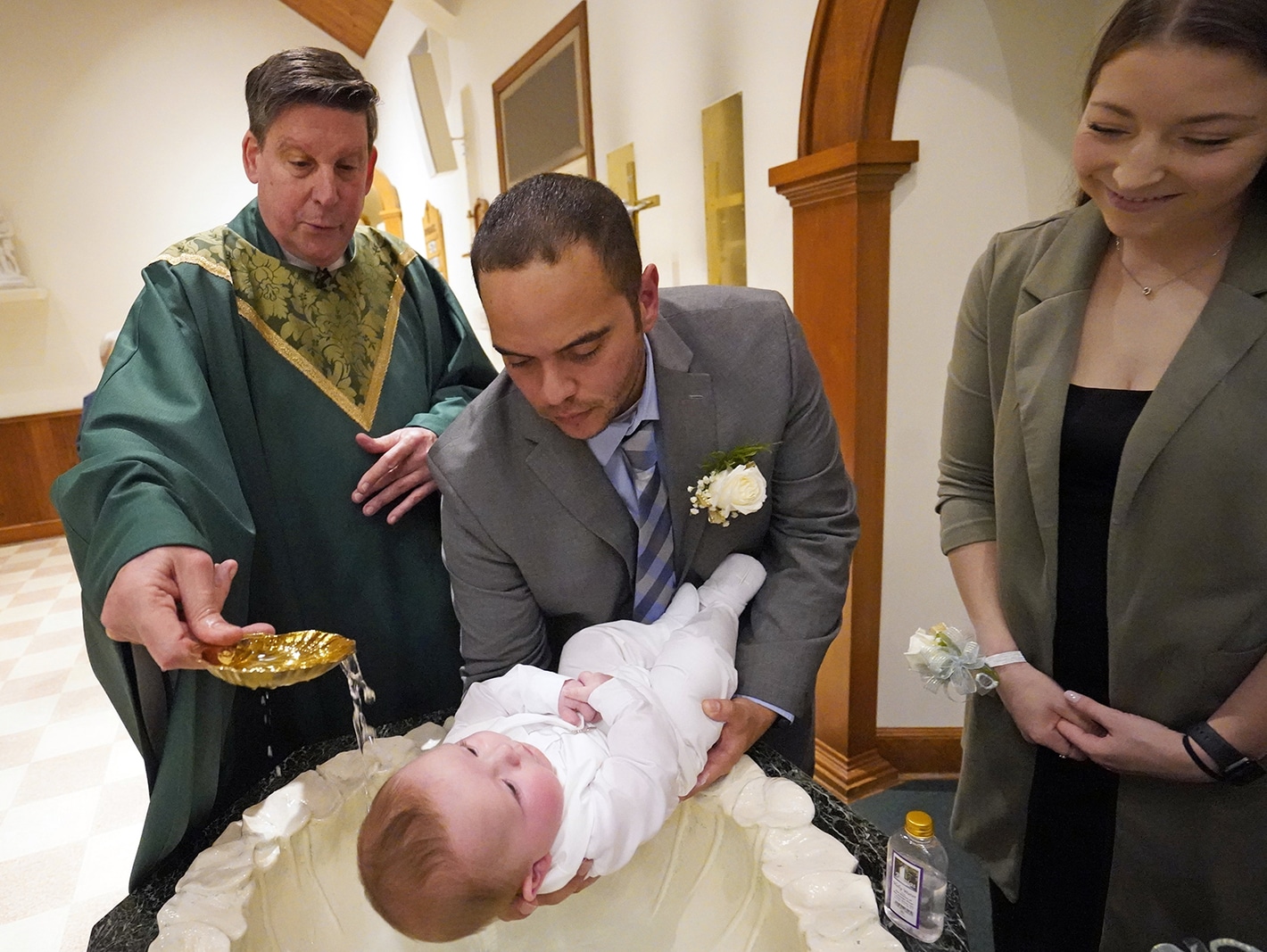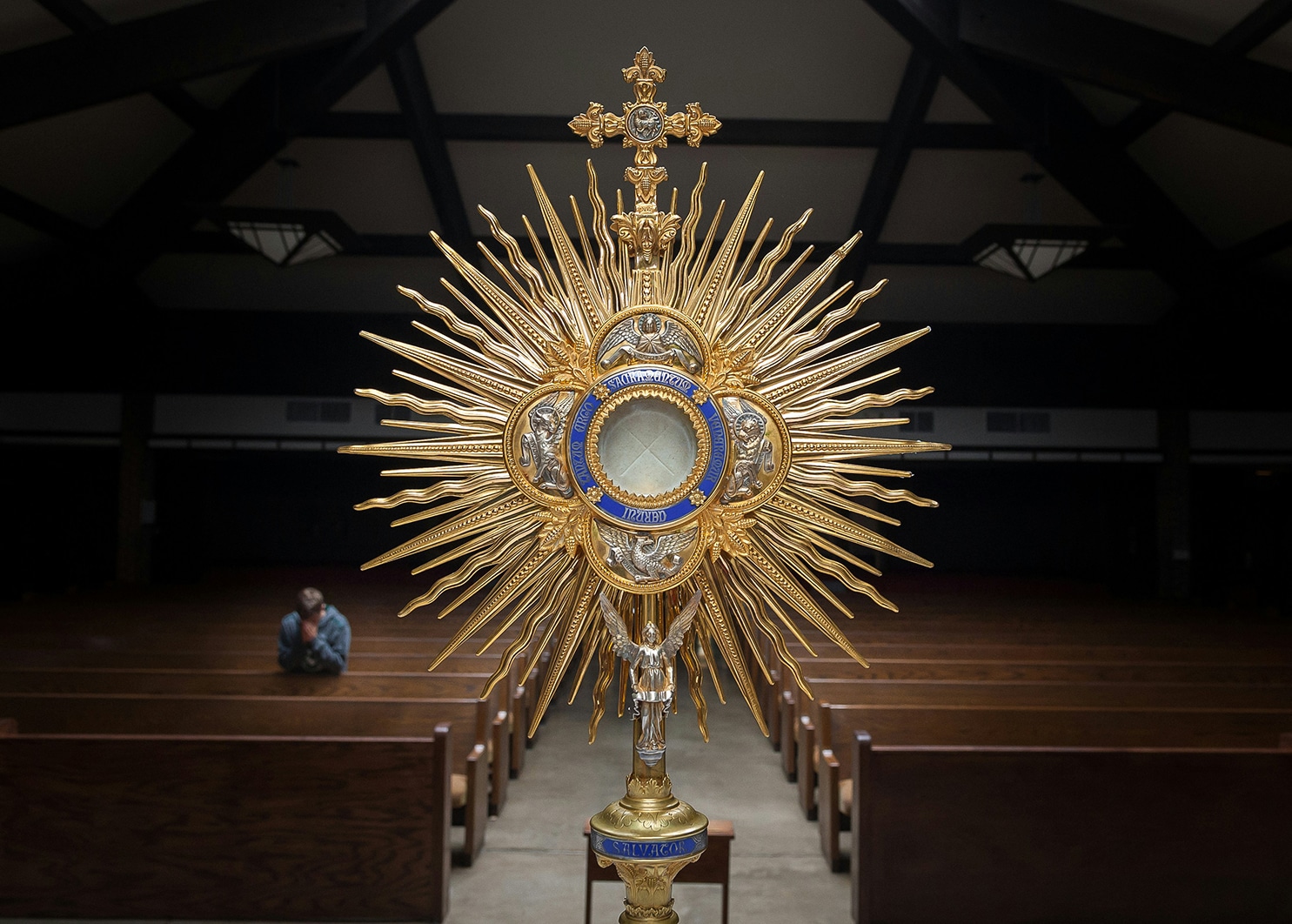Controversy erupted surrounding the funeral of transgender activist Cecilia Gentili, which was hosted at St. Patrick Cathedral in New York City. Roughly a thousand mourners turned out for the memorial for the former sex worker, who had battled sexual abuse, addiction and homelessness.
Gentili was raised a Catholic in Argentina but was described as an atheist by the New York Times, but Gentili had been engaging more with Christianity in recent years. During the funeral service — which was initially planned to be a Mass but changed course during the liturgy to exclude the celebration of the Liturgy of the Eucharist — a friend of Gentili’s prayed for access to gender-affirming health care from the pulpit. Another individual described Gentili during remarks in Spanish as “esta puta, esta gran puta, la Santa Cecilia, la madre de todas las putas … danos la fuerza y el coraje” (“this whore, this grand whore, St. Cecilia, the mother of all whores … give us strength and courage”). Also, during the funeral, a performer sang “Ave Maria,” changing the lyrics to “Ave Cecilia.” The singer then danced up and down the aisles, while twirling red scarves.
Catholics have been outraged by the funeral.
“The Cathedral only knew that family and friends were requesting a funeral Mass for a Catholic, and had no idea our welcome and prayer would be degraded in such a sacrilegious and deceptive way,” said Rev. Enrique Salvo, the rector of St. Patrick’s Cathedral, in a statement. A Mass of Reparation has been offered, as directed by Cardinal Dolan, Archbishop of New York.
So what are we to make of all this?
A baptized Catholic
Gentili was a baptized Catholic. Baptism really affects someone, claiming them for Christ. Baptism delivers a permanent character, a seal on the soul that cannot be erased. And funerals are for the Church to intercede for the dead, to make amends for sins and failures committed on this side of eternity. It’s a work of mercy to pray for the dead, especially those that need our prayers.
The mourners attending Gentili’s funeral did not return the Church’s compassion. Mercy was repaid with disrespect and scorn. But we shouldn’t be appalled that we’re being mocked.
The nations have always laughed at that which is most precious about our faith: mercy. Welcoming Gentili’s funeral was an act of mercy by St. Patrick’s, even if the funeral could have been better arranged. Some of the abuses that took place during the liturgy could have been prevented with additional layers of planning and caution.
True and false mercy
This brings us to the real question: How much goodwill can or should the Church continue to extend, even when that offer of charity and mercy is not returned? How compassionate and pastorally wise is it to open our doors to mockery or blasphemy?
How much goodwill should the Church continue to extend, even when that offer of charity and mercy is not returned?
Yes, we should be perceptive and shrewd. We must, as the Gospel says, “be wise as serpents and innocent as doves” (Mt 10:16). We need not intentionally surrender our pulpits to anti-Gospels. It is a false mercy to create a situation that allows people to sin against the Holy Spirit.
This was a terrible ordeal because of the sacrileges committed. It was also terrible that mourners felt that they had to mock the Church to honor Cecilia’s memory. Cecilia Gentili needs our prayers, as do those who mourn the famous activist.







